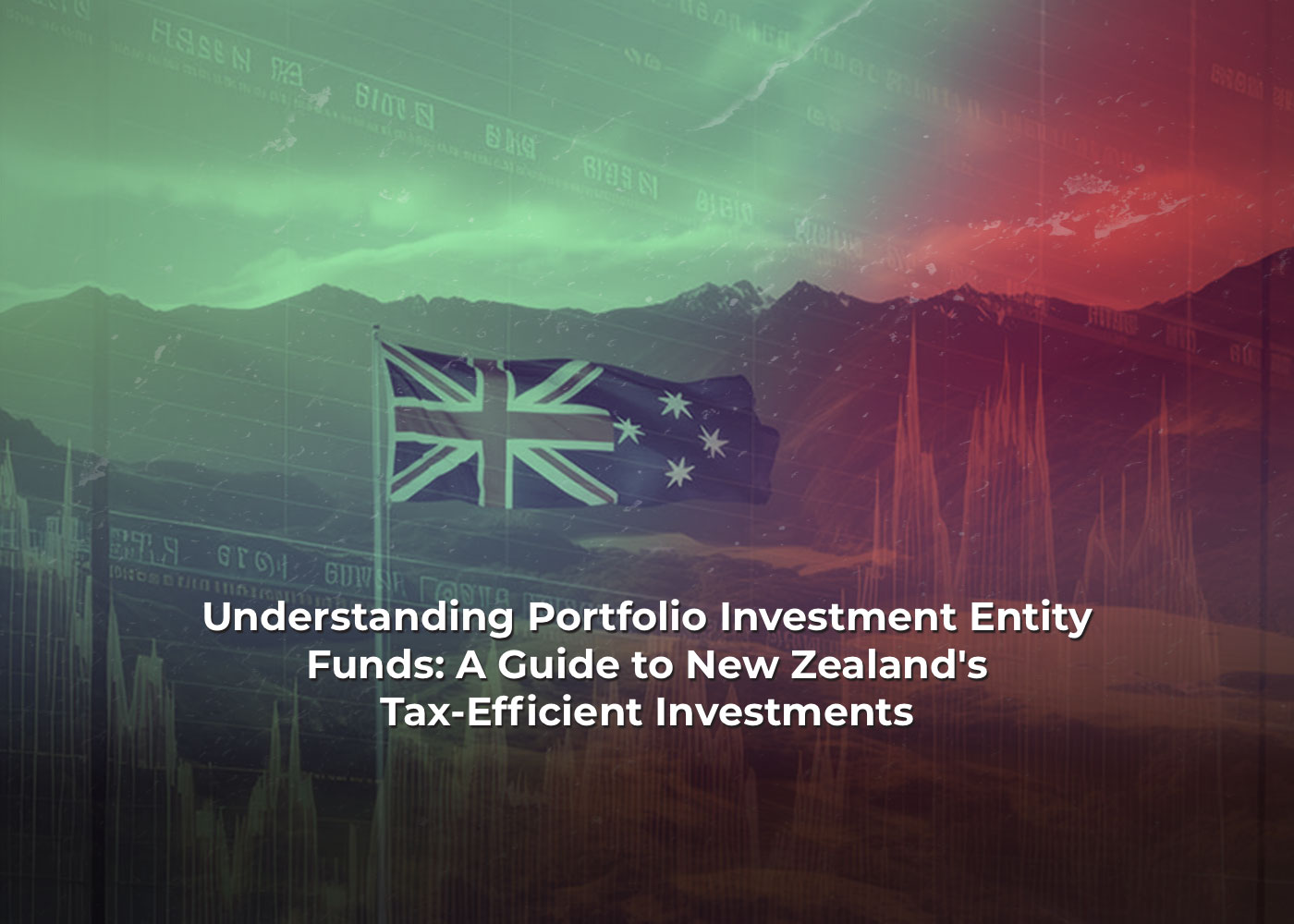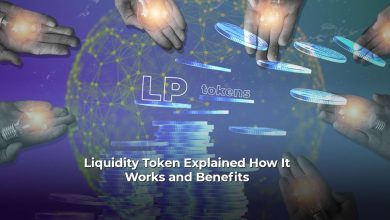Understanding Portfolio Investment Entity Funds: A Guide to New Zealand’s Tax-Efficient Investments
In October of 2007 New Zealand introduced Portfolio Investment Entity (PIE) funds as a response to the launch of KiwiSaver . Before this introduction investors who were in managed funds encountered higher tax burdens when compared to those who directly invested in shares . This inconsistency discouraged potential investors and hindered the growth of KiwiSaver .

In October of 2007 New Zealand introduced Portfolio Investment Entity (PIE) funds as a response to the launch of KiwiSaver . Before this introduction investors who were in managed funds encountered higher tax burdens when compared to those who directly invested in shares . This inconsistency discouraged potential investors and hindered the growth of KiwiSaver .
PIE funds brought significant changes to the tax landscape . Under the new rules investors in PIE funds pay tax at their Prescribed Investor Rate (PIR) which is usually lower than their income tax rate . Formerly managed funds were subject to a fixed tax rate of 33 % which disadvantaged investors with lower tax rates . Additionally managed funds paid tax on capital gains from selling New Zealand share whereas direct investors only paid tax on shares . The introduction of PIE funds removed these inconsistencies .
Tax Reporting and Compliance for PIE Investors
When it comes to tax reporting PIE funds simplifies the process for investors . Your PIE income information is shared with the Inland Revenue Department (IRD) and is automatically included in your income summary on the MyIR platform . If you are required to file a tax return the IRD will pre-populate it with your PIE tax calculation . They will confirm if your tax rate (PIR) is correct and adjust the calculation accordingly . For joint accounts the IRD will equally split the PIE income between account holders which can be manually adjusted in MyIR .
PIE Tax Payment and Refunds
One of the key advantages of PIE funds is that distributions paid out by the funds are not taxed . Most investors pay their PIE tax after the end of the tax year (31 March) in April . But PIE tax is also payable when an investor sells or transfers their holdings, or if the fund is closed down .
InvestNow as a PIE Investor Proxy backs investors in managing their PIE tax obligations . They inform investors of the estimated tax amount at the end of each tax year and provide a final figure in April once all tax files are received from fund managers . Investors are then given a specific timeframe to deposit the funds . If investors choose not to deposit funds InvestNow will sell units in their largest holding to cover the tax liability . The proceeds are then paid to the IRD before the end of April .
It’s important to remember the fact that PIE tax is not directly related to fund distributions or changes in the fund’s value . Investors may still owe PIE tax even if the fund’s value decreases .
In certain cases investors may receive tax credits from PIE funds . These credits include foreign tax credits for tax paid on overseas investments and imputation credits which represent the company tax that is paid by New Zealand companies held by the fund . These tax credits aim to prevent double taxation of income .

When investing in funds with tax credits but particularly if your PIR is lower than the company tax rate of 28% your share of the tax credits may exceed your tax liability on the taxable income . This results in a refund and provides a potential benefit for investors .
Final Thoughts
In conclusion portfolio investment entity funds offer tax-efficient investment options for New Zealand investors . These funds align taxation with investors’ individual tax rates and encourage participation and provide a fairer system . With streamlined reporting and compliance processes PIE funds simplify tax obligations for investors and ensure transparency and ease of use . As you explore investment opportunities in New Zealand understanding PIE funds can help you make informed decisions and optimize your tax position .




